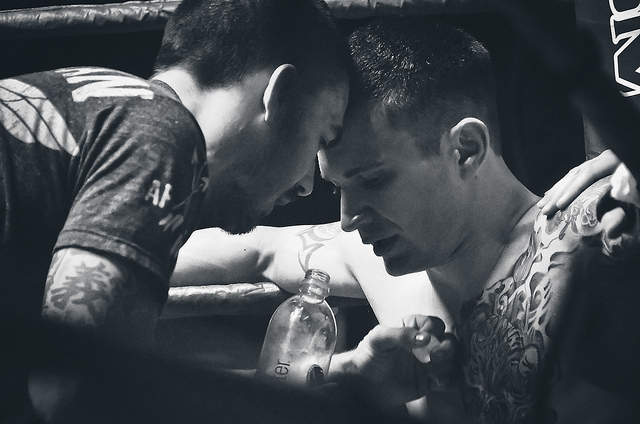
If you ask people what the book of Genesis is about, most would say it’s about creation. After all, the book’s name, “Genesis,” means “beginning.” But Genesis is not about creation, the current ongoing creation debate notwithstanding. The creation narrative in Genesis occupies only the first two out of a total of fifty chapters in Genesis.
Genesis is actually about Cain. Or to be more specific, it’s about the spirit of Cain: what it is, how it affects us all, and how God began the process of overcoming it in the human race.
Cain in Genesis 4 is the first human example of how spiritual death produces true evil by killing those closest to us, the very people we are supposed to love. God had warned Cain’s parents, Adam and Eve, that they would die the day they ate from the tree of the knowledge of good and evil. But when they ate from that tree, they didn’t die. In fact, they continued to live for many years after their sin.
But they had died. They had died more profoundly than any physical death could ever be. The proof? Cain, their own offspring, killed their beloved son, Abel. “Am I my brother’s keeper?” Cain complained. No, he was his brother’s killer. Such was the spirit of Cain, a spirit that has spread throughout the human race.
That spirit – that calloused, murderous spirit – inhabits even the people of God. Following the story of Cain, the themes of brotherly conflict and fratricide occur again and again throughout the book of Genesis. Noah curses Canaan, but blesses Shem and Japeth. Abraham shows Ishmael the exit door in favor of Isaac because they can’t get along. Jacob flees Esau in fear for his life. Motivated by jealousy, Joseph’s brothers want to kill him, but instead settle for selling him into slavery in Egypt.
Note that these are not ordinary people. These are God’s chosen people. The people whom God set apart to bless the world still had the spirit of Cain in them.
It is not until Genesis 44, when Judah offers himself up as a ransom for his brother Benjamin, that we see God dealing with this horrible spirit in a decisive way. Finally, someone in the human race says to himself, “Yes, I am my brother’s keeper.” This is how Judah put it:
“Now then, please let your servant remain here as my lord’s slave in place of the boy, and let the boy return with his brothers. How can I go back to my father if the boy is not with me? No! Do not let me see the misery that would come on my father.”1
Christian, the same spirit of Cain that inhabited God’s people in the time of the patriarchs inhabits us today. Yes, we are saved. Yes, we have the Spirit of God in us. But we still have the Spirit of Cain in us as well. We have to be constantly aware of the temptation to yield to that murderous, calloused spirit. It’s a spirit that divides, that inflicts pain and suffering, and that ignores needy brothers and sisters in Christ.
So here’s a mantra I want to give you today. Will you say it outloud with me right now:
“Yes. I am my brother’s keeper.”
This post first appeared in NewCommandment.org.
_______________________________________________________________

Learn how to form teams of men for every widow, single mom
and fatherless child in your church at NewCommandment.org.
_______________________________________________________________